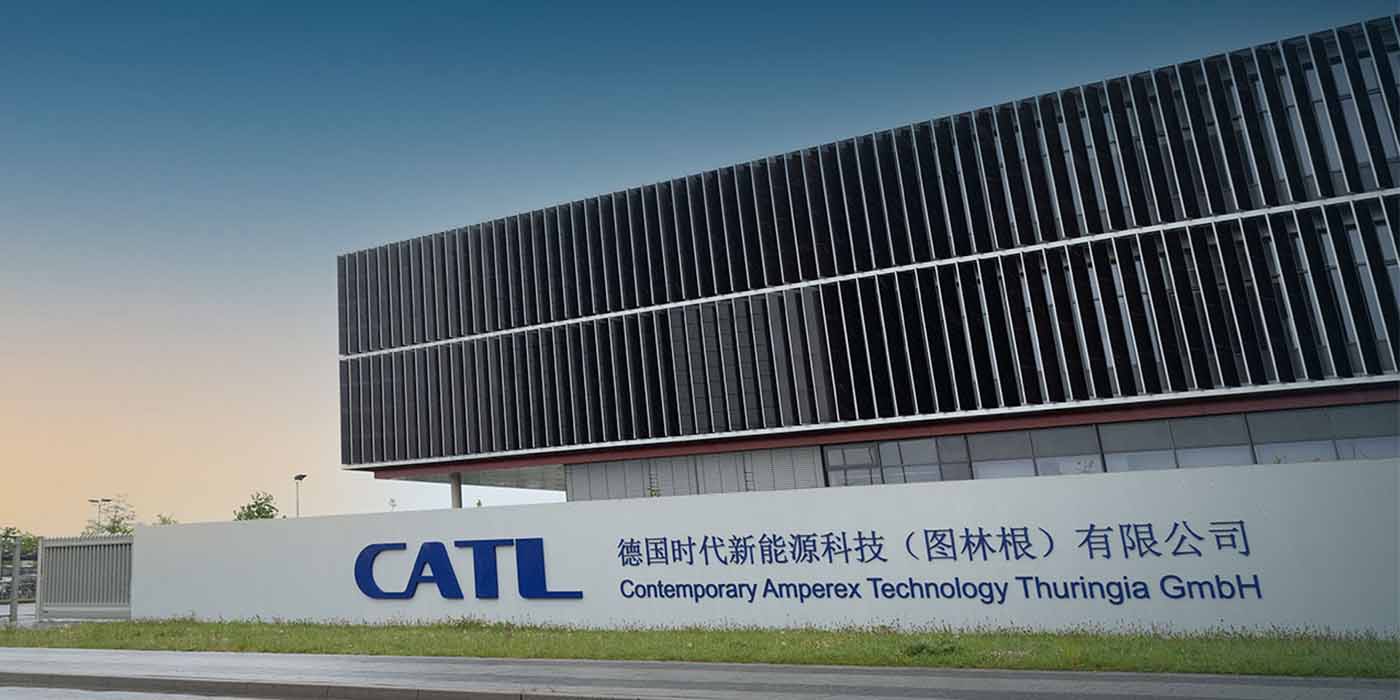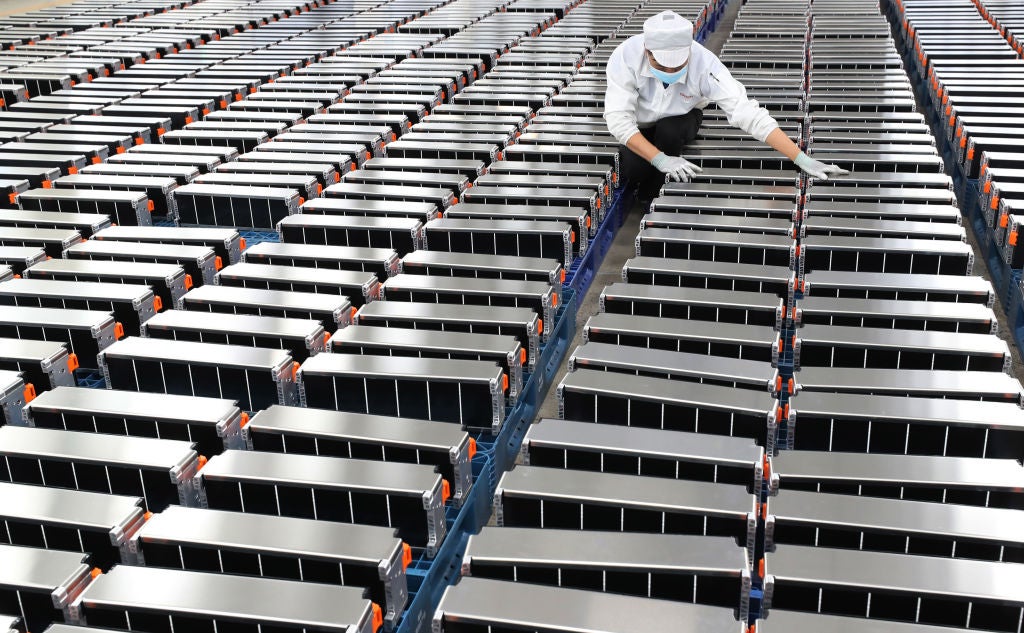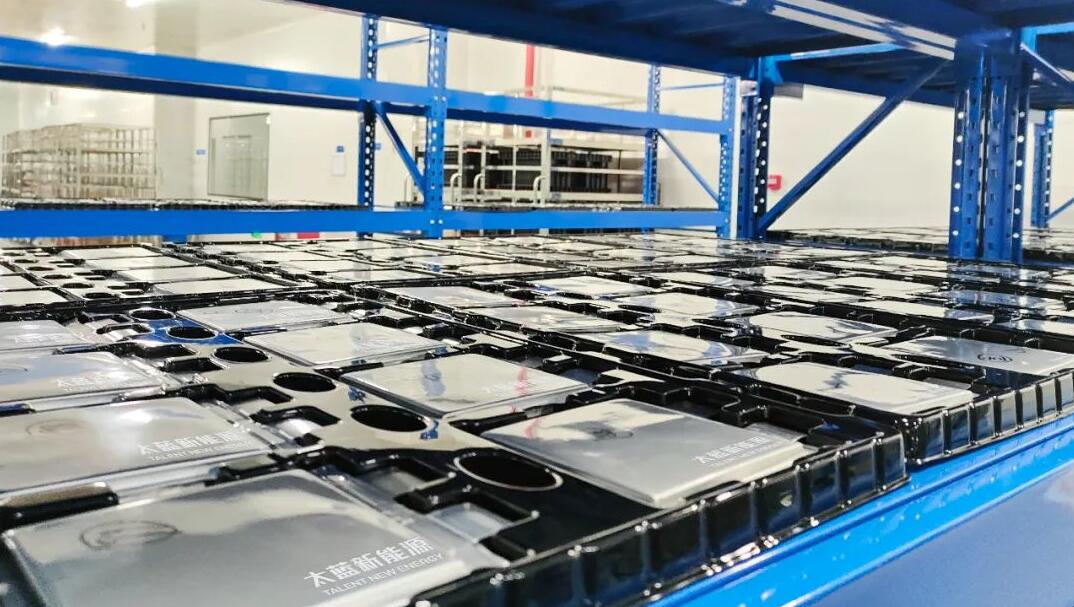CATL, the world’s leading manufacturer of electric vehicle (EV) batteries, has announced a significant breakthrough in battery technology that promises to enhance charging efficiency, particularly in frigid temperatures. During a forum in Shanghai, CATL’s chief scientist, Wu Kai, unveiled the company’s latest electrolyte, which has shown a remarkable 50% improvement in efficiency at -20 degrees Celsius (-4 degrees Fahrenheit). Even under normal temperature conditions, the charging efficiency has increased by 43%.
Although Wu did not disclose specific details about the development process of the new electrolyte, he emphasized that CATL is now capable of mass-producing EV batteries that can be fully charged in just 10 minutes, offering an impressive driving range of 400 km (248 miles). The company’s next objective is to develop an EV battery with the same driving range that can be recharged in an even shorter time span of 5 to 7 minutes.
Interestingly, Wu expressed skepticism about the immediate future of solid-state batteries, which have long been heralded as the successor to current lithium-ion batteries and those employing different cell chemistries. This viewpoint contradicts Toyota’s recent claim that it will be able to produce solid-state batteries as early as 2027, boasting reduced costs by 50%, 50% lighter weight, and the ability to recharge in under 10 minutes.
Wu remarked, “What I am sure of is no one is capable of mass-producing solid-state batteries in the industry currently. They claim to be able to halve the costs, which is very exciting and would be very disruptive, but I wonder what base they are comparing.”
CATL has not solely focused on improving EV battery charging efficiency this year. In April, the company announced its breakthrough technology for constructing battery cells with an energy density of up to 500 Wh/kg, surpassing Tesla’s current 4680 cells, which have an energy density of 296 Wh/kg. CATL believes that these advanced cells could potentially power electric passenger aircraft, showcasing their immense potential beyond the realm of electric vehicles.







